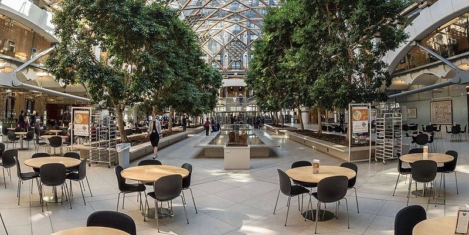May 4, 2017
Brexit bonfire unnecessary as employers back the UK’s existing employment rights 0
UK employers do not believe a bonfire of employment law is necessary under Brexit, as negotiations over the country’s departure from the EU begin. According to new research by the CIPD and the employment law firm Lewis Silkin, employers back the UK’s existing employment rights framework with all twenty eight areas of employment law rated as necessary by a majority of employers. In the survey of more than 500 employers, organisations were asked whether they viewed more than twenty different aspects of employment law as necessary or not. The list included unfair dismissal laws, rated as necessary by 93 percent of businesses, as well as national minimum wage (87 percent), parental rights at work (82 percent), agency workers laws (75 percent) and the Working Time Regulations (74 percent). The research, which looked at a wide variety of employment laws and practices, also found more than half (52 percent) of employers go beyond the legal minimum requirements when implementing employment law.
















 New guidance to help facilities managers manage the transition to agile working within their organisation has just been published by the British Institute of Facilities Management (BIFM). The Agile Working Change Management Guidance Note is aimed at FMs working at a senior and/or operational level and covers the benefits of agile working and how to successfully plan and implement an integrated approach to deliver sustainable change in working behaviour. Agile working describes a range of work settings that allow people and organisations to make new choices about when, where and how they work. It is underpinned by mobile technology and applies to people working both in and away from the traditional office, such as at home, on the road or remotely in other locations. BIFM’s research and information manager Peter Brogan said: “As an Institute, we recognise the importance of the workplace agenda for FMs and this newly commissioned Guidance Note aims to address the current lack of knowledge around some of the emerging workplace practices.”
New guidance to help facilities managers manage the transition to agile working within their organisation has just been published by the British Institute of Facilities Management (BIFM). The Agile Working Change Management Guidance Note is aimed at FMs working at a senior and/or operational level and covers the benefits of agile working and how to successfully plan and implement an integrated approach to deliver sustainable change in working behaviour. Agile working describes a range of work settings that allow people and organisations to make new choices about when, where and how they work. It is underpinned by mobile technology and applies to people working both in and away from the traditional office, such as at home, on the road or remotely in other locations. BIFM’s research and information manager Peter Brogan said: “As an Institute, we recognise the importance of the workplace agenda for FMs and this newly commissioned Guidance Note aims to address the current lack of knowledge around some of the emerging workplace practices.”


















